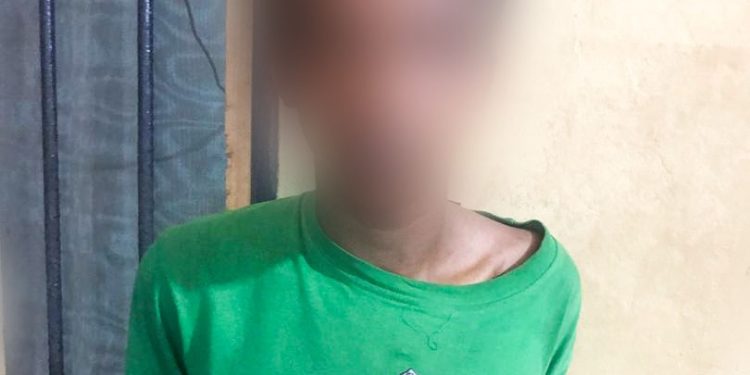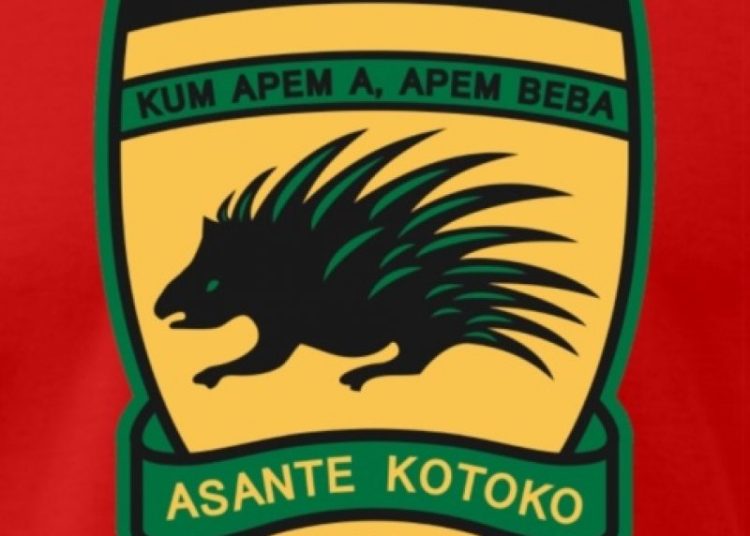The United Nations Educational, Scientific and Cultural Organization (UNESCO) has held a stakeholders’ meeting on the implementation of the second phase of the sustainable management of the Lake Bosomtwe project.
The project is being funded by the Spanish Government through UNESCO and implemented by the Ghana Man and Biosphere Programme’s (MAB) national committee and other implementing partners.
The project aims to enhance the sustainable management and conservation of Lake Bosomtwe, the largest natural lake in West Africa and the only natural lake in Ghana.
The participants at the stakeholders’ meeting included representatives of the Water Resources Commission, MAB National committee, National Commission of UNESCO and the Media.
The objective was to discuss the second phase of the project under the framework of sustainable management of Lake Bosomtwe and to inform key stakeholders on the achievements of the New Nomination Form of the Biosphere Reserve.
It also included identifying some activities that needed to be taken into consideration and some key lessons learnt during the implementation of the first phase of the project.
Mr Tirso Dos Santos, the UNESCO Country Director in Ghana, in a speech read on his behalf, said “In pursuance of ensuring environmental sustainability and also within the framework of the MAB and with funding from the Ministry of Environment, Rural and Marine Affairs of Spain, UNESCO supported the implementation of the Sustainable Management of Lake Bosomtwe Project in the Ashanti Region of Ghana.”
He said approval had been given for a six-month project, with the view of completing some outstanding activities that would lead to the submission of a nomination dossier to UNESCO, for the Lake to be considered as a Biosphere Reserve.
He stated that Lake Bosomtwe was very rich in aquatic biodiversity of national and global significance, but has become particularly vulnerable due to intense human pressures.
He said existing traditional laws had helped to prevent the over-exploitation of resources in the lake and its catchments; which subsequently ensured sustainable fish productivity on the Lake.
He said, however, localized pollution of the lake and the degradation of the forests in the catchment area were undermining the integrity of the lake.
Mr Hernandez Salinas Alberto of UNESCO Paris said the main value of the project was to preserve both the cultural and natural heritages of Lake Bosomtwe for the nation’s socio-economic development.
He lauded the custodians of Lake Bosomtwe for preserving the scenic beauty of the environment.
The first phase of the project officially started in 2012 and ended in June 2014, with visible remarkable achievement such as a solid baseline characterization of the ecological, social and cultural features of the Lake Bosomtwe and several successful examples and demonstrations on livelihood diversification.
Others were measures put in place to prevent the loss of natural resources and its impacts on local communities; including training, education and awareness creation among students, and community members on sustainable management of natural resources.
Source: GhanaWeb











